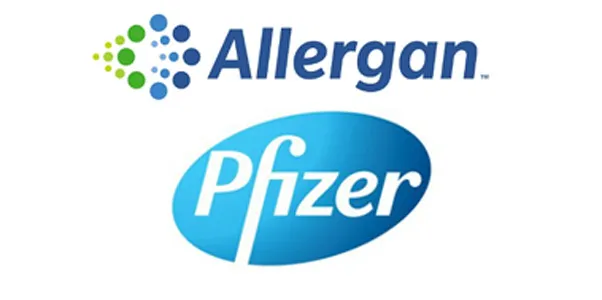NEW YORK — Despite widespread criticism over the issue of tax inversions, legal experts say that current regulatory restrictions in the United States are unlikely to block the $160 billion merger deal announced by U.S. pharmaceutical giant Pfizer and Ireland-based drug manufacturer Allergan Inc.
Generally, tax inversions involve a U.S. firm reincorporating in a low-tax country as part of an initiative to reduce the company’s future tax bills. The company usually retains its U.S. operations even after the reincorporation.
According to published reports, the new deal technically is structured with Allergan acquiring Pfizer, even though the former is significantly smaller than its New York City-based merger partner.
“Through this combination, Pfizer will have greater financial flexibility that will facilitate our continued discovery and development of new innovative medicines for patients, direct return of capital to shareholders, and continued investment in the United States, while also enabling our pursuit of business development opportunities on a more competitive footing within our industry,” Pfizer chief executive officer Ian Read said.
Allergan shareholders would own 44% of the new company, while Pfizer investors would own 56%.
Pfizer’s ownership share would fall below the 60% threshold to qualify as a tax inversion under the U.S. tax code, Robert Willens, an international tax law expert based in New York, told USA Today.
Should it relocate to Ireland, Pfizer projects that its tax rate could be reduced by as much as 18%, because corporate tax rates in Ireland are lower than those in the United States.
“If this isn’t a wakeup call, I don’t know what is,” asserted Rep. John Delaney (D., Md.), a proponent of tax changes that he says would reduce the tax burden on many U.S. companies operating overseas.
Read, however, called the agreement “a great deal for America. It allows us to continue to sustain an investment of approximately $9 billion mainly spent in the United States,” he told CNBC. “We have 40,000 combined employees in the United States, so I think it’s a great deal.”
Although the consensus is that the deal will proceed mostly as planned, industry observers also agree that, for what would be one of the largest pharmaceutical mergers in history, the Federal Trade Commission will closely examine the proposed merger.








